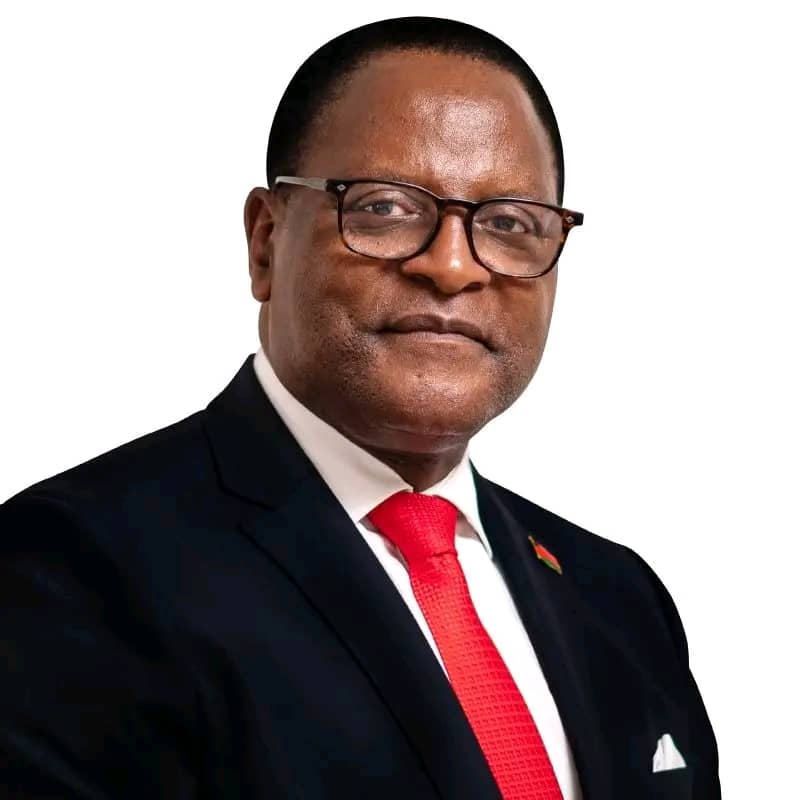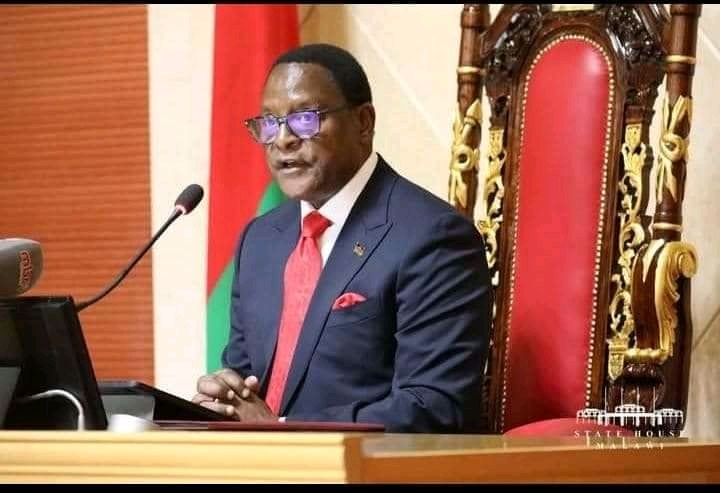Public speech by Burnett Munthali, political analyst and social commentator| January 2, 2025
Leadership is a responsibility that requires not only a clear vision but also the ability to adapt, learn, and make decisions that benefit the nation. When a leader fails to understand their role and shows no willingness to learn, the consequences can be catastrophic. President Lazarus Chakwera of Malawi exemplifies this challenge, as his tenure raises questions about the dangers of electing a leader unprepared for the demands of governance.
Unprepared for leadership
President Chakwera entered office with the promise of change and hope, captivating Malawians with his charisma and eloquence. However, his performance in office has revealed a troubling lack of preparedness. From day one, his administration has been marked by indecision, mismanagement, and an apparent lack of understanding of the complexities of governance.
Critics argue that Chakwera’s inability to grasp the fundamentals of leadership stems from two factors:
- Transitioning from religious leadership to political office, Chakwera appeared ill-equipped for the complexities of managing a government.
- Despite numerous opportunities to adjust and improve, his administration has consistently failed to implement effective reforms or address pressing national issues. The cost of ignorance
The implications of Chakwera’s lack of knowledge and unwillingness to learn have been far-reaching, impacting every facet of Malawian life.
Economic mismanagement
Under Chakwera’s leadership, Malawi’s economy has plummeted. The kwacha has weakened, inflation has skyrocketed, and basic goods are now out of reach for many citizens. These challenges have been exacerbated by the administration’s failure to enact sound economic policies.
“A leader who doesn’t understand economic principles can’t guide a nation through financial crises,” says an economist.
Policy paralysis
Chakwera’s government has been criticized for its lack of actionable policies. The cabinet reshuffles, creation of unnecessary ministries, and bloated government structures demonstrate a disconnect between promises and practical governance.
Corruption and nepotism
The lack of effective oversight has allowed corruption to flourish. Scandals involving public funds have rocked the administration, with Chakwera often claiming ignorance.
“Ignorance is not an excuse for corruption—it is its enabler,” said a political analyst.
The need for adaptability
One of the hallmarks of effective leadership is the ability to learn quickly and adapt to new challenges. Unfortunately, Chakwera’s administration has shown little progress in this regard. Instead of addressing shortcomings, the President has relied on rhetoric and blame-shifting, further alienating citizens.
The lessons for Malawi
Chakwera’s presidency offers valuable lessons for Malawians as they approach the 2025 elections:
- Electing a leader who lacks the skills or knowledge to govern can have devastating consequences.
- A leader must be willing to grow, seek advice, and adapt to the realities of governance.
- Citizens must demand transparency and results from their leaders. A call for change
As Malawi faces mounting economic and social challenges, it is clear that the country cannot afford another term of unprepared leadership. Chakwera’s tenure underscores the dangers of electing a leader who does not know his job and refuses to learn.
For Malawi to move forward, the electorate must prioritize competence, accountability, and vision in choosing their next leader. Ignorance is not just a flaw—it is a risk that the nation can no longer afford to take.
Burnett Munthali is a political analyst and journalist committed to highlighting governance issues in Malawi.
Burnett Munthali is a political analyst and social commentator.




